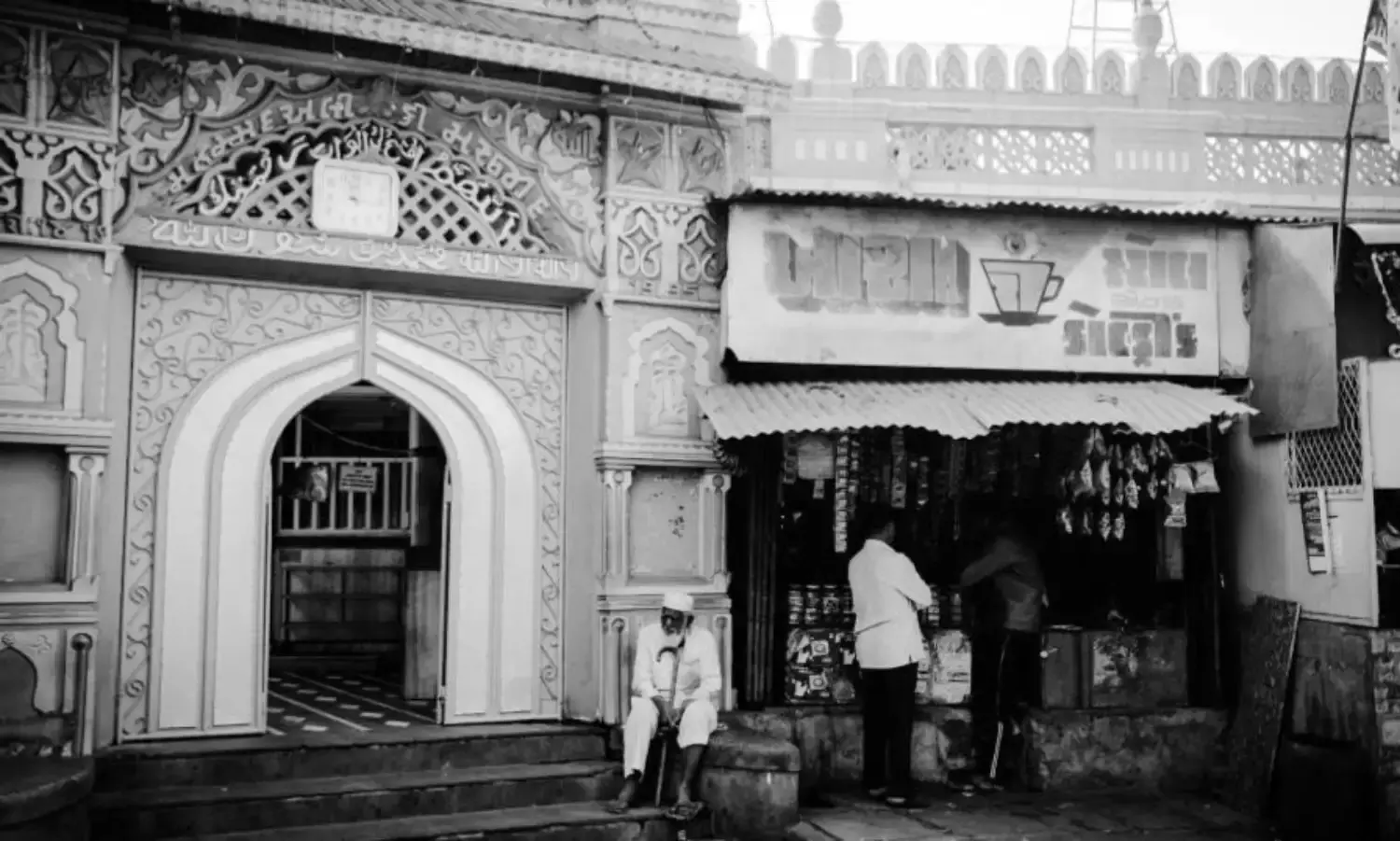The Muslim Candidate In The Gujarat Polls
Pictured, Jamalpur-Khadiya constituency in Ahmedabad where the Congress won

NEW DELHI: The Gujarat polls saw religion take centre stage, with both Congress President Rahul Gandhi and Prime Minister Narendra Modi making temple visits a key feature of their electoral campaign. And while pundits focus on the role of different communities -- specifically the Patels, Thakors/OBCs and Dalits -- in shaping the final election tally, one segment of society in Gujarat remains entirely absent from the analysis.
Muslims, who make up 9.67 percent of the population in the state, are represented in the 182 member strong 2017 assembly by only three MLAs. While the BJP fielded no Muslim candidates, the Congress doesn’t have much to write home about having put up just six Muslim faces.
In fact, the only time Muslims have mattered in recent elections is in speeches and campaign rhetoric, with the BJP’s ‘HAJ’ vs ‘RAM’ posters, the attempted linking of an ISIS operative to Congress leader Ahmed Patel, references to Rahul Gandhi as a "Babar bhakt" and "kin of Khilji,” accusing Dalit leader Jignesh Mevani of chanting “Allah-o-Akbar” and even the allegation that Pakistan was interfering in the 2017 polls.
And while the BJP -- despite trying to woo the Muslim community on the plank of triple talaq, the overly hyped 'Sadbhavana (goodwill) Mission' and other measures -- has fielded a Muslim candidate only once in the 1998 assembly polls (BJP’s Abdulgani Kureshi lost to the Congress’ Iqbal Patel in Vagra), the Congress cannot claim fair representation either.
In 2012, the Congress fielded five Muslim candidates, of which two won. In 2007, five Muslims made it to the assembly, and in 2002, three won. In 1980, the number of Muslims in the Gujarat assembly peaked at 12, but the rise of Hindutva politics in the state quickly brought the numbers down.
Muslims have been relegated to the fringes of electoral politics in Gujarat. With the exception of charged rhetoric where they take centre stage, they have ceased to even matter in the analysis. In fact, in the 2017 polls, of the 35 seats where the Muslim population is 15 percent or more, the Congress and BJP had an equal tally of winning 17 seats each. In Vadgam, where Muslims constitute 28.5 percent of the population, Congress backed independent Dalit leader Jignesh Mevani won.
The three Muslim faces in the 2017 Gujarat assembly are all from the Congress, namely, Imran Khedawala who won from Jamalpur-Khadia, Gyasuddin Shaikh Habibuddin who won Dariapur and Mohammed Pirzada who sealed the victory from Wankaner.
First time MLA candidate Khedawala beat sitting MLA and BJP leader Bhushan Bhatt by 29339 votes in Ahmedabad Jamalpur-Khadiya constituency. Bhatt had won the 2012 polls by a margin of 6331 votes, in the first election since 2008’s delimitation exercise that combined the Jamalpur and Khadiya seats. Habibuddin, who also won in 2012, beat BJP’s Bharat Barot by 6187 votes in Dariapur, increasing his narrow margin which was 2621 votes in the last election. Pirzada won Wankaner, defeating the BJP’s Jitendra Somani by a narrow 1361 votes, having won in 2012 by a margin of 5311.
Of the Muslim candidates who lost, Adambhai Chaki lost to the BJP’s sitting MLA Nimaben Acharya by 14022 votes in Bhuj, Iqbal Patel lost Surat (West) to the BJP’s Purnesh Modi by 77882 votes, and Suleman Patel lost to the BJP’s sitting MLA Arjunsinh Rana by a narrow 2628 votes (Rana had won the 2012 polls by a margin of 14318 votes).
While the number of Muslims in the Gujarat assembly is pitiful, the General Elections has even worse numbers for the community. After Ahmed Patel won the Baruch lok sabha seat in 1984, no Muslim has been elected from Gujarat in the general elections.



